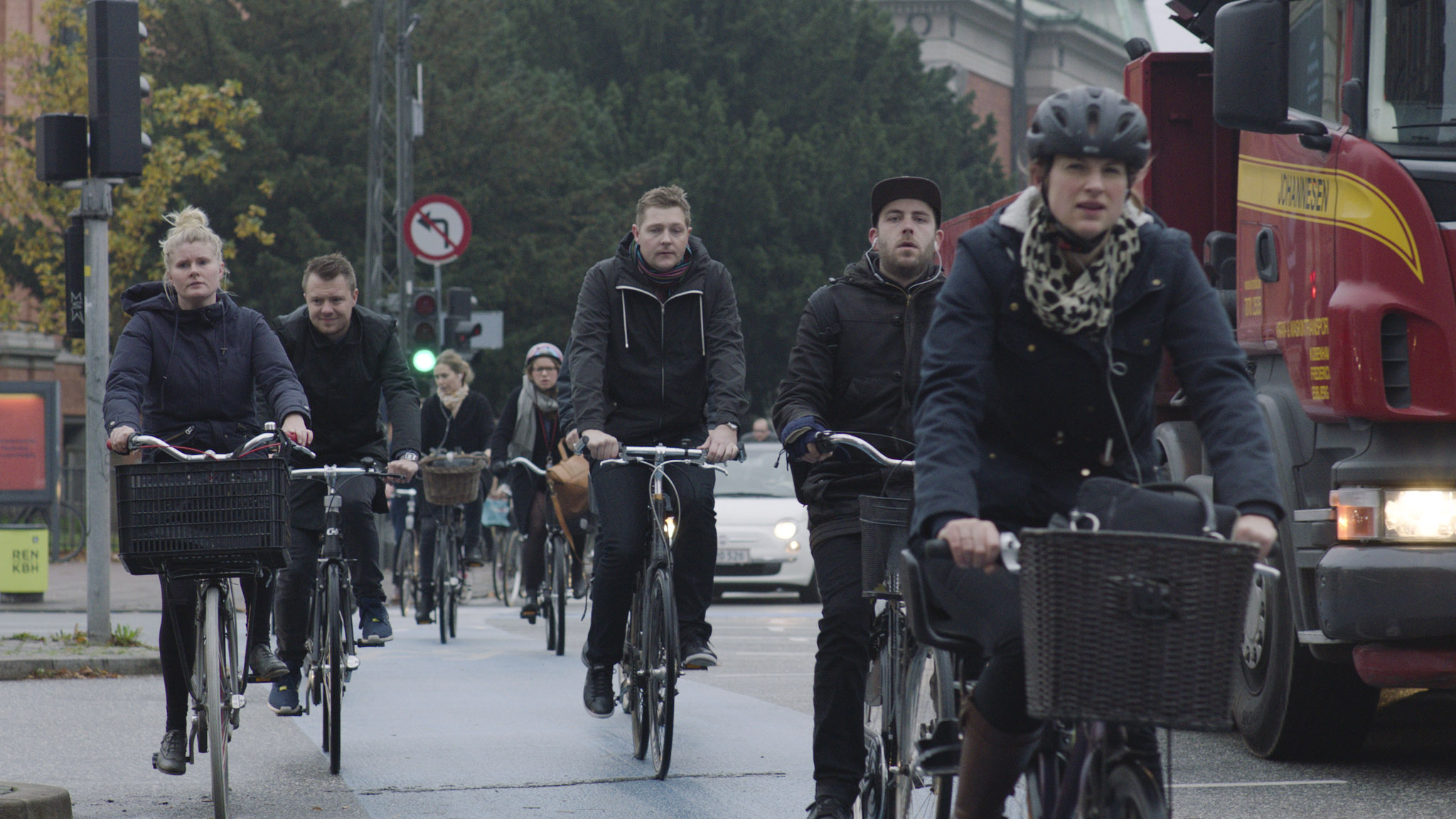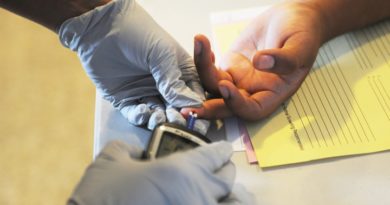Your Risk of Developing Diabetes May Be Determined By Where You live
- Pioneering new research led by University College London (UCL) shows factors including time pressure, commuting time and where you live play significant roles in diabetes vulnerability
- Findings from the world’s largest-ever study of urban diabetes suggest cities must reconsider public health and city planning strategies to address the rise of the condition. The study was conducted in five cities which together are home to 60 million people
- Over 400 million people worldwide have diabetes, more than two thirds of whom live in cities
This international study which is a part of the ‘Cities Changing Diabetes’ partnership program. This study challenges current scientific understanding of the rapid rise of diabetes in cities. The findings suggest that in cities around the world, social and cultural factors play a far more important role in the spread of the epidemic than previously thought.
More than two thirds of the world’s 400 million people with diabetes live in urban areas. The year-long study sought to better understand what makes people vulnerable to type 2 diabetes in cities. To explore this complex issue, more than 550 interviews were undertaken with at-risk and diagnosed people in five major cities – Copenhagen, Houston, Mexico City, Shanghai and Tianjin.
“By largely focusing on biomedical risk factors for diabetes, traditional research has not adequately accounted for the impact of social and cultural drivers of disease,” says David Napier, Professor of Medical Anthropology, UCL. “Our pioneering research will enable cities worldwide to help populations adapt to lifestyles that make them less vulnerable to diabetes.”
The study found that diabetes vulnerability in cities is linked to a complex mix of social and cultural factors1– responsible for both putting people at greater initial risk and subsequently making them less likely to be diagnosed, receive treatment and maintain good health. The identified social factors included financial, geographical, resource and time constraints while cultural determinants included the perception of body size and health and deep-seated traditions.1
“The insights we have gained from the Cities Changing Diabetes research have fundamentally changed the way we think about diabetes in our city,” said Dr Armando Ahued Ortega, Minister of Health of Mexico City. “This new understanding of sociocultural risk factors will guide the development of increasingly efficient and targeted public health policies to support the health and wellbeing of our citizens.”
How Does Risk of Developing Diabetes Determined By Where You Live?
- In Houston, the traditional notion of disadvantage being equal to vulnerability is no longer the rule and both people with and without financial constraints may be vulnerable to diabetes
- In Mexico City, gender roles may contribute to increased vulnerability as women neglect their own health to avoid being seen as burdensome
- In Copenhagen, diabetes is often not highest in a person’s hierarchy of need, given many other social and health issues such as unemployment, financial difficulties and loneliness
- In Shanghai, the cultural trend for the denial of hardship was seen to prevent people with diabetes from seeking help from friends, family and healthcare professionals
- In Tianjin, people with diabetes reported a wide range of causes of the condition including poor food choices, overworking and poor mental health
The Cities Changing Diabetes partnership has three distinct but interconnecting phases – mapping, sharing and action. With the initial mapping phase now complete, the Copenhagen Summit meeting will see 250 expert delegates from around the world come together to discuss the learnings and discuss solutions to tackle diabetes in cities.
In the longer-term, the partnership aims to tackle the rise of diabetes in cities around the world via the sharing of insights and knowledge of participants. In 2016, Vancouver and Johannesburg will become the latest cities to join the program and contribute to the international pool of evidence.
http://www.multivu.com/players/English/7690951-study-rethink-rise-diabetes-in-cities/
Source: http://citieschangingdiabetes.com
- Adolescents Living With Diabetes - August 6, 2022
- Diabetes Insipidus Symptoms, Causes, & Prevention - July 26, 2022
- Insulin Shortage May Affect Almost Half of the Diabetics by 2030 - November 24, 2018




